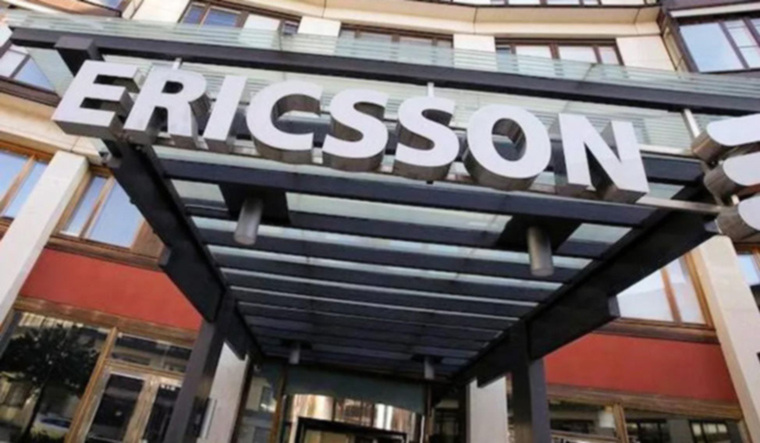Swedish telecom major Ericsson will increasingly focus on artificial intelligence (AI) and automation technologies at its recently set up Global Artificial Intelligence Accelerator (GAIA) in India. Apparently, the Indian GAIA will be the third one to be established by Ericsson, having set up similar accelerators in the United States and Sweden. The Indian centre that will be based in Bengaluru will hire around 150 data scientists, engineers, machine learning (ML)/artificial intelligence architects, and software developers by the end of 2019. At the same time, Ericsson's Indian R&D team is doing innovative research in the telecom segment especially focused on 5G technology.
The company, though bullish about the latest 5G technology, is equally excited about AI and ML, and is planning to bring these in its product portfolio which is expected to enhance the revenue streams of the telecom service providers who are otherwise grappling with a dip in revenues and increased competition in the market. “With the advent of 5G and IoT, we expect to see an explosion in the number of potential ways in which we will use the telecom networks of the future. The traditional methods of managing and running networks are no longer scalable. The AI/ML driven automation will be necessary to manage these networks. These data-centric technologies also open up the potential to tap new revenue generating opportunities and business models for telecom service providers,” said Sanjeev Tyagi, head of Ericsson R&D in Bengaluru.
Tyagi added that the new 5G technology is expected to cover more than 40 per cent of the world population by 2024. “5G will enable massive machine type communication and whole new use cases will be possible by this technology. For instance, massive deployment of sensors across a huge field and ultra low latency is possible with 5G technology. As a result, extremely sensitive and critical applications will have very low latency. Besides this, the technology will also enable enhanced broadband. Software defined networks will work effectively on 5G networks as they will be able to remotely manage telecom networks with low latency,” added Tyagi. He also remarked that in India, 4G is yet to see full adoption and currently 30 per cent of population is fully on 4G and the rest is expected to be embraced over the next few years.
The company is also aiming at exploring partnerships with telecom service providers, industry stakeholders, startups and academia to bolster innovation in the near future. Globally, Ericsson will employ over 300 people across its global AI accelerators out of which 150 will be based in India.



